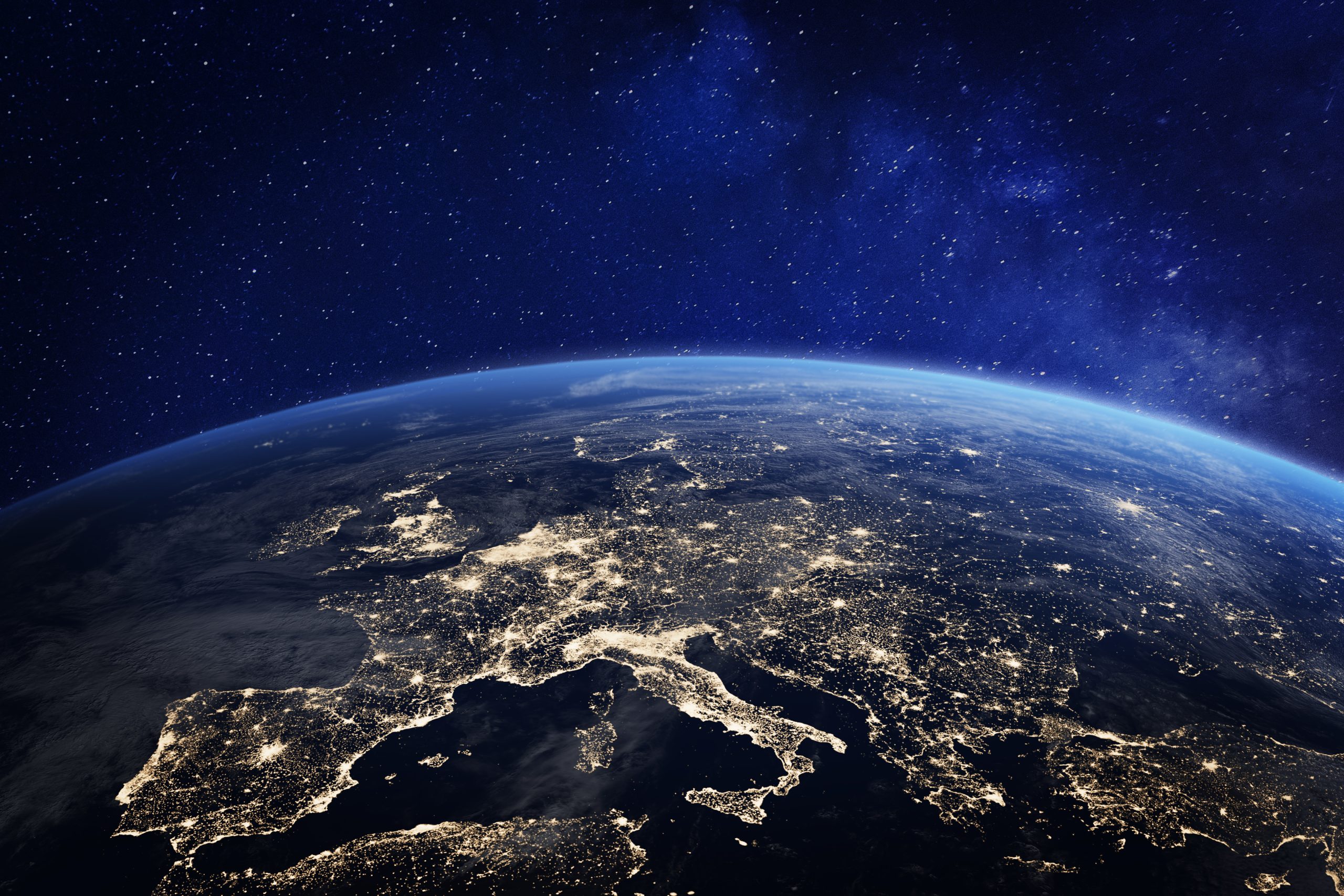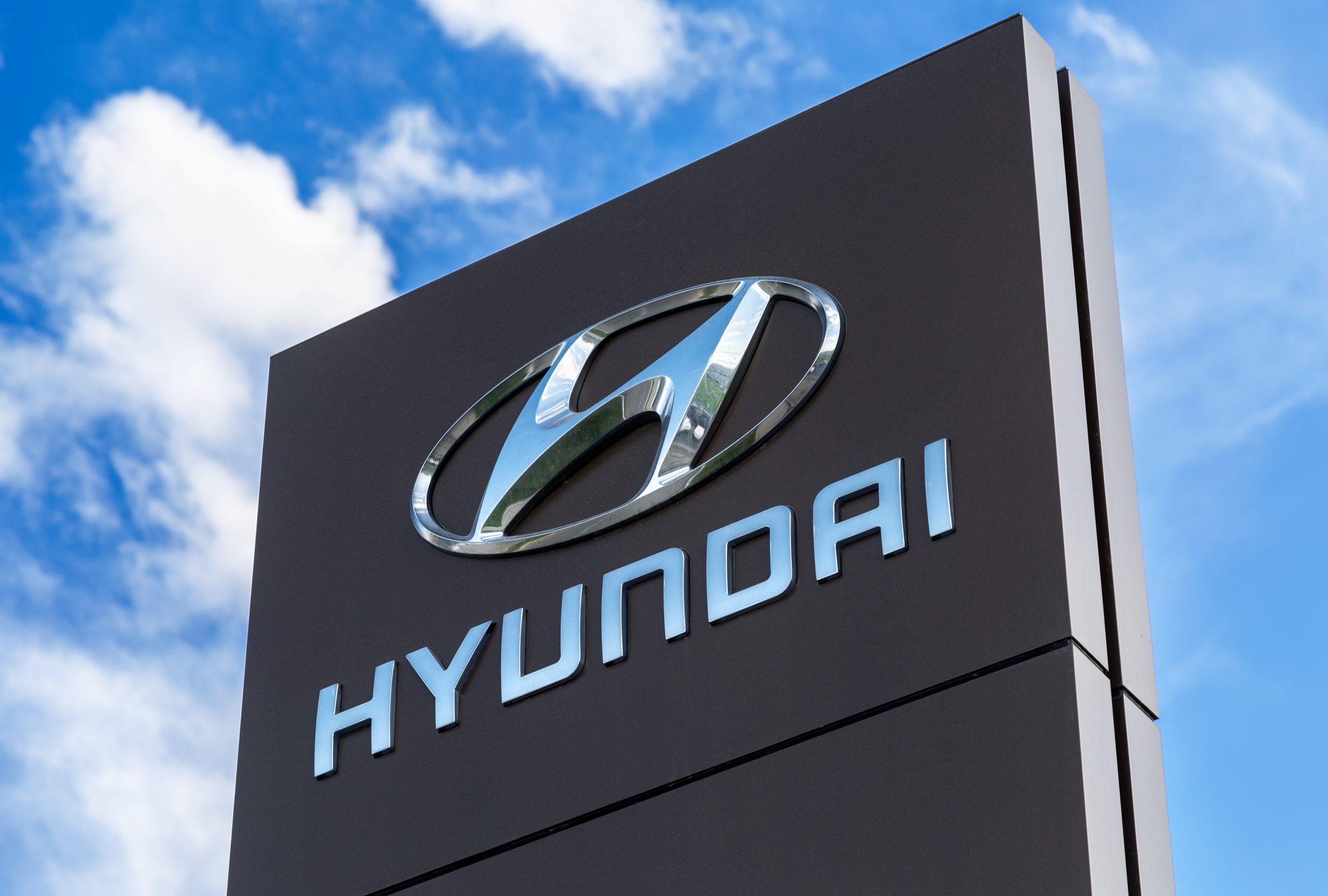The Growing Need for Hydrogen in Europe in Uncertain Times

Due to Russian aggression against Ukraine, the European Union wants to speed up the transition to clean and renewable energy sources and reduce dependence on Russian energy sources. In this, the so-called should play a very important role. Green hydrogen, as a substitute for fossil fuels, especially in transport. However, there is still a long way to go before its application.
The Croatian company DOK-ING is developing technology that produces hydrogen from waste, which can later be used as a raw material in the construction industry and agriculture.
– It would certainly be carbon-neutral hydrogen, it would even be negative, because we actually save hydrogen on two sides – one at the entrance, the other at the exit, said Danica Maljković, director of DOK-ING and president of the Hydrogen Group at HGK.
Maritime transport, trucks and railways – all of them should use hydrogen in the future.
– You are aware that hydrogen is still a rather expensive technology and that, without the participation of grants, it will be difficult for us to develop it. The same as 10-15 years ago when we talked about solar and wind, according to State Secretary for Energy Ivo Milatić.
And that is why political support at all levels is crucial for the green transition
– For example, Zagreb could use hydrogen for buses. The train from Zagreb to Rijeka, which currently uses diesel fuel, could use hydrogen. When you have clearly defined projects in which hydrogen will be used, the development of technology is much easier, points out Hydrogen Europe CEO Jorgo Chatzimarkakis.
The move away from Russian energy sources has forced a number of countries to return to environmentally harmful fossil fuels, such as coal. However, experts point out that it will be short-lived.
– At this time, we have to meet the demand for energy. However, there have never been more investments in green energy sources, steeper curves of increasing production from solar energy, from wind power plants have never been recorded, emphasizes Julije Domac, special advisor to the President of the Republic for energy and climate.
A similar message from HGK.
– Just as Covid accelerated the digital transformation, this Russian aggression will also accelerate the green transition, said Tomislav Radoš, Vice President of the Croatian Chamber of Commerce and Industry for Industry and Sustainable Development.
The European Union wants to produce 10 million tons of hydrogen by 2030, almost twice as much as was planned before the Russian aggression. They will import the same amount. Croatia also wants to be a part of the new energy story, which will launch the “Hydrogen Valley” project in the northern Adriatic, together with Slovenia and Italy.
Hydrogen – raw material in the chemical industry
The German-Croatian Chamber of Industry and Commerce and the German federal state of Bavaria organized the forum, which discussed the application and experiences of using hydrogen as a relatively new energy source.
Professor from the Technical University of Nuremberg Ulrich Ulmer said that hydrogen, apart from transport and industry, can also be used as a raw material in the chemical industry. He pointed out the harm to the environment when using fossil fuels, stressing that the primary focus should be on the production of green hydrogen, produced from renewable energy sources.
– We want the complete production of hydrogen to be green, said Ulmer, adding that the production of green hydrogen will create new jobs and at the same time we will have cleaner air.
He sees Bavaria, or Germany, as an exporter of hydrogen technologies in the future.
Ulmer also stated that Bavaria needs hydrogen, but that it cannot currently produce it in the necessary quantities. By 2040, Bavaria should become climate neutral by producing and using hydrogen, among other things.
He pointed out that the use of hydrogen as an energy source is currently more important for heavy trucks than for passenger cars. He assumes that Rotterdam will become the most important European port for importing hydrogen, as well as that the largest quantities of hydrogen in Germany will most likely be produced in its north.
The big European producers of hydrogen, predicts Ulmer, along with Germany, will be Norway, Portugal and Spain.

